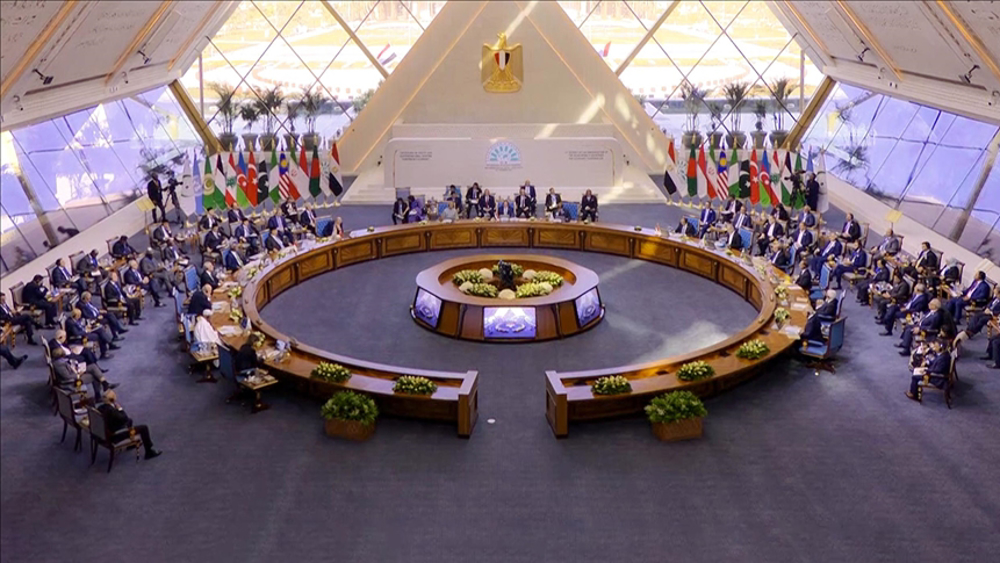US sanctions fail to hinder rapid growth of Iran’s tech sector: Report
Iran’s tech market continues to boom despite the US sanctions against the country, while the bans have merely restricted the global giants’ access to Iran’s lucrative tech market, a new report says.
“US sanctions have protected the Islamic republic's tech sector, barring Silicon Valley from profiting from one of the world's most promising emerging markets, and giving a free run to domestic start-ups to recreate their services,” a Tuesday report by AFP read.
The report pointed to the emergence of local online services which are rapidly transforming different industries in Iran, including Snapp taxi service as an equivalent to Uber, Digikala instead of Amazon and Pintapin as an alternative to Booking.com.
The report noted that such domestic tech startups should not be simply construed as copycats as they have been designed based on different business models.
The report came just after Iran wrapped up its biggest annual IT show, the 23rd International Exhibition of Electronics, Computer and E-Commerce, also known as Elecomp 2017, in Tehran on July 24, with hundreds of local and foreign firms attending the four-day event.
The report pointed to the rapid growth in Elecomp’s start-up section, noting, “Its start-up section had 80 hopefuls three years ago, now there are more than 400 -- the usual mix of delivery apps, online shopping and games.”
Global brands are almost entirely absent from the tech show as a result of the US sanctions. However, many other countries have seized the opportunity for a more robust presence due to removal of UN sanctions against Tehran following the country’s 2015 nuclear deal with global powers, the report pointed out.
Over 800 local and foreign firms attended the exhibition, with Chinese, South Korean and Taiwanese companies having the largest presence.
A significant number of information system managers and executives, sales managers and system integrators from different IT system divisions visited the event to conduct face-to-face business with the exhibitors.
According to the latest report by the UN trade and development agency (UNCTAD) in December 2016, Iran has more than 2,700 knowledge-based companies worth $6.6 billion and the number is expected to surpass 3,000 by 2018.
Read more:
Since 2005, Tehran has taken important steps to put in place the right policies on science, technology and innovation.
Economists consider Iran as the most economically diverse oil-producing country in West Asia. Iran’s $400 billion economy holds the promise of a lucrative market of nearly 80 million consumers as businesses are seeking new opportunities for growth.
Tel Aviv tells Damascus Israeli forces will remain in occupied territory: Report
Dec. 22: ‘Axis of Resistance’ operations against Israeli occupation
‘Abhorrent’: Oxfam says only 12 trucks delivered aid in North Gaza since Oct.
VIDEO | Leader receives religious eulogists on Hazrat Fatima birth anniv.
Pope Francis slams Israel’s ‘machine-gunning’ of Gaza children
US hostage-taking of Iranian nationals violation of intl. law: Deputy FM
VIDEO | Carol Singers for Palestine on London’s Parliament Square
Ansarullah says ‘Israeli terrorists’ incapable of confronting Yemen, warns of secret weapons









 This makes it easy to access the Press TV website
This makes it easy to access the Press TV website